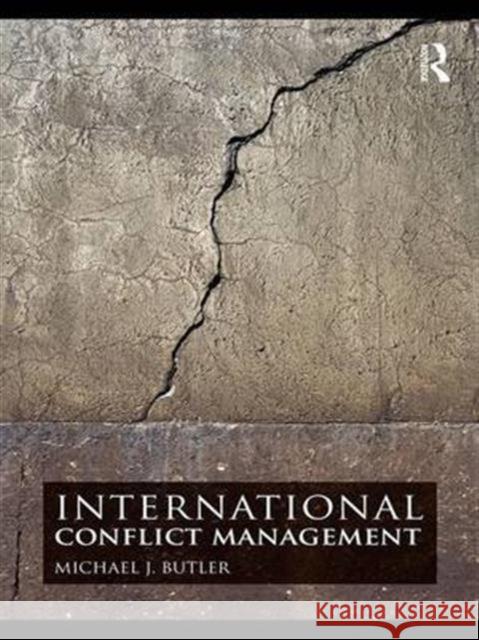International Conflict Management » książka
International Conflict Management
ISBN-13: 9780415772297 / Angielski / Twarda / 2009 / 304 str.
International Conflict Management
ISBN-13: 9780415772297 / Angielski / Twarda / 2009 / 304 str.
(netto: 929,10 VAT: 5%)
Najniższa cena z 30 dni: 881,54
ok. 16-18 dni roboczych.
Darmowa dostawa!
This new textbook provides students with an accessible overview of the logic, evolution, application and outcomes of the five major approaches of the growing field of international conflict management:
- traditional peacekeeping
- peace enforcement and support operations
- negotiation and bargaining
- mediation
- adjudication.
This textbook chronicles the logic, evolution, application, and outcomes of the five major approaches to international conflict management:
- traditional peacekeeping
- peace enforcement and support operations
- negotiation and bargaining
- mediation
- adjudication.
While documenting the origins, background, and past uses of conflict management, this book provides students with a fuller understanding of the strengths and weaknesses of these five techniques within the dynamic context of the contemporary security environment, especially in relation to recent and ongoing cases of inter-state and intra-state conflict in which one or more has been applied. To demonstrate the changing nature of security in the post-Cold War world, Michael J. Butler contrasts this with competing visions of security during the Cold War and early historical periods. Covering the "New Wars" scholarship, he offers numerous points of comparison to the dominant causes, types, strategy, and prosecution of warfare in other eras.
This book will be essential reading for all students of peacekeeping, peace operations, conflict management, mediation, peace studies and international security in general.











